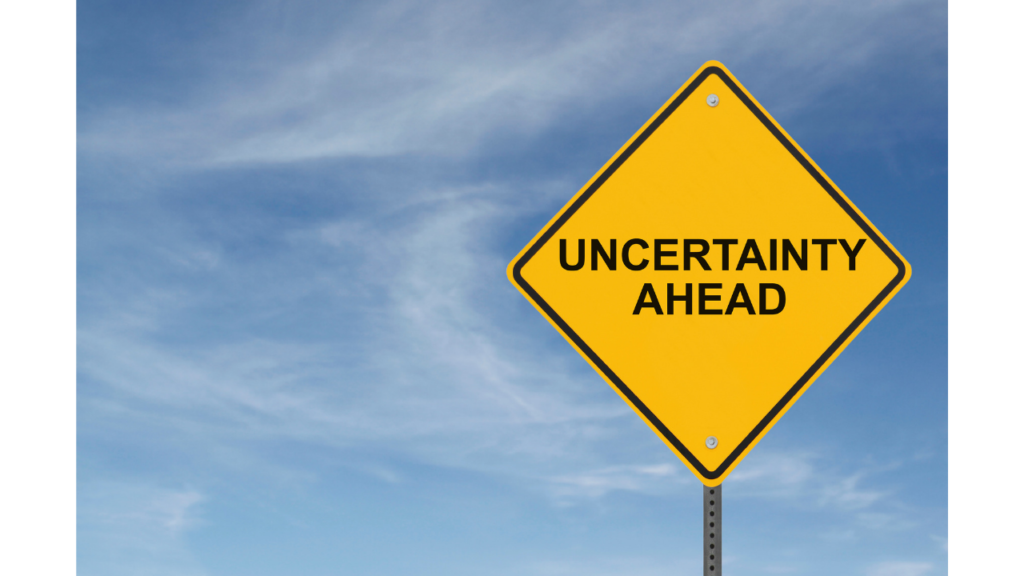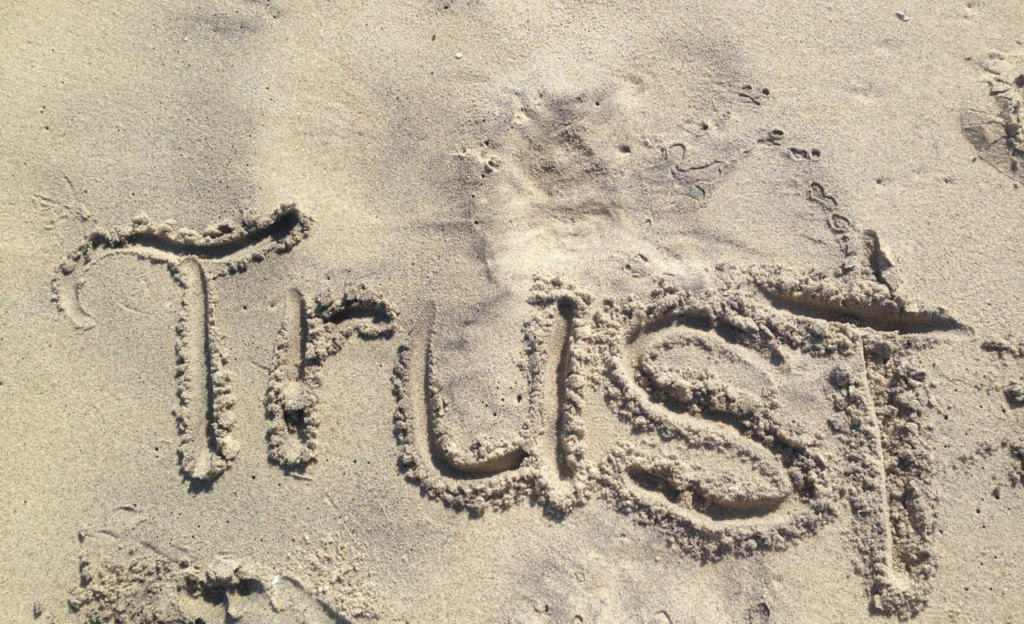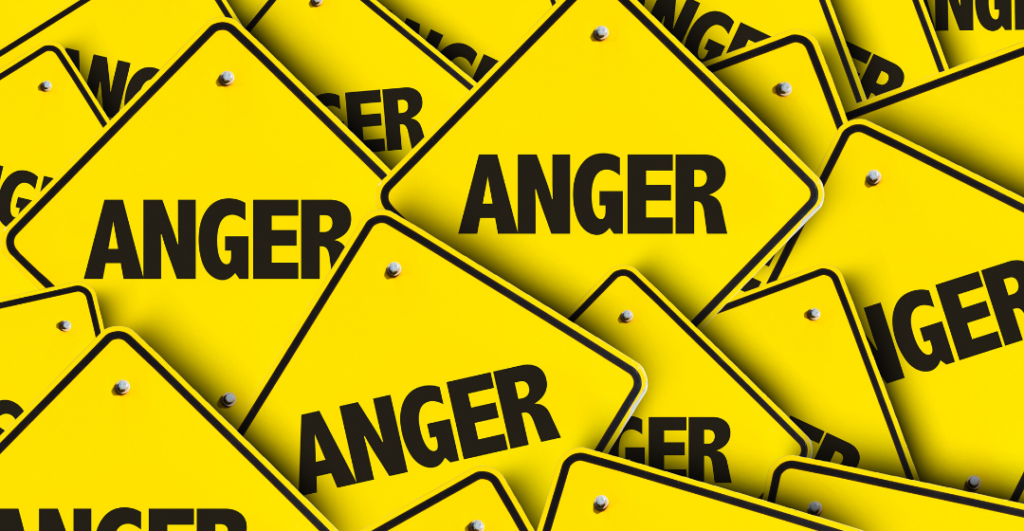
Welcome back to another episode of Your Anxiety Toolkit. Today I want to talk with you all about the feelings of uncertainty you may have coming out of COVID-19.
As we slowly begin to move out of quarantine, a lot of my patients and clients have started to talk about how scary it is to go back into life because there are so many uncertainties.
Coming out of a difficult time requires us to accept change while staying in the uncertainty. When we begin coming out of COVID-19, we must face this sort of uncertainty, not knowing whether it will stay or whether it will get better or if it will come back. What is it going to look like in six months? What is it going to look like in a year? These are the questions we are all asking and because we are asking those big, big questions, we are going to have big, big emotions about them. Having these big emotions does not mean that you are not handling this well. It doesn't mean that there is something wrong with you. My hope is to give you permission to have them. My second wish is to ask you to please not judge yourself for what you experience as you begin coming out of COVID-19. If those big emotions show up, before you judge yourself gently say, "It's okay. It's okay that I feel this. I'm allowed to feel these emotions."
Remember, it is normal to feel anxiety. You might have anxiety about having to go back to seeing people in person. You might have anxiety about having to find a new rhythm to life. You may have been secretly benefiting from quarantine because it meant that you didn't have to be around the thing that scared you before COVID-19. If you have been lucky enough to not see the thing that frightens you, I really urge you to go right back into staring that fear in the face as soon as possible, because the longer you delay it, the harder it's going to get.
The thing to remember about anticipation is that is ultimately just about the uncertainty. It's about leaning in and saying, "Okay, I radically accept that I don't know. I'm going to take one step at a time. I am not going to beat myself up. I'm going to do my best to be non-judgmental. And I'm going to try and find a glimpse of joy along the way." I'm going to look for those teeny tiny shimmers of joy that may be along the way. I still believe that when we open our eyes to joy, we can find it, even if it's once a day.
So, I hope you go with intention and give yourself permission to have all the feels.
ERP School, BFRB School, and Mindfulness School for OCD are all now open for purchase. If you feel you would benefit, please go to cbtschool.com

Welcome back to another episode of Your Anxiety Toolkit. Today we are going to talk about a really important topic: learning to trust yourself.
Trust is so important for our feelings of safety and security. So often I hear from people who are experiencing anxiety and depression that they do not trust themselves. Today I want to share with you all a metaphor about trust, that I love, and I think it will help you conceptualize how to look at trust.
This is a metaphor that Brene Brown has talked about a lot. She said that when you meet somebody they have an empty jar (metaphorically) and overtime as they show you in little ways, it might be their consideration, their respect for you, maybe they remembered your birthday, perhaps they sent you a little care package, every time they do something nice for you one marble is placed in the jar. If they do another small thing, you put another marble in the jar and overtime that jar fills up. This is how we experience a sense of trust for that person. Trust is something that grows and it often doesn’t come from the big things. It comes from the teeny tiny things. Maybe a little smile when you are having a hard time, or checking in with you, or holding a safe place for you when you are struggling. So, now that we have that conceptualization that trust is something we build over time, we also need to recognize that when somebody has let us down the marbles may come out. Maybe half the marbles. Maybe all the marbles. Perhaps just one. We can always grow trust back even if someone has betrayed us. If we want to build that trust back up, this involves giving the person a second chance. Often when someone has been very seriously betrayed, they make the choice, "I don't want to trust that person. I don't want to ever put myself in that position again.” Whereas other people might say, “well I love this person. I'm willing to take the risk.”
Now, this applies to ourselves too. You begin learning to trust yourself based on the small acts that you do for yourself. It's about taking care of yourself, making sure you're well-fed, making sure you're listening to your body. When you're frightened, it's about doing the hard thing instead of the easy thing. Every time we do that we are saying, “I've got your back unconditionally even during the difficult times.” Now, just like I said before if you betray yourself, you ignore your needs, and put yourself down, you take out some of those marbles. If I've let a friend down or my partner down or my child down, I will intentionally try to regain their trust, and I'll do it in very small ways. I will be there for them, be kind to them, show up for them. This is the case for myself as well. If I have let myself down, I will need to show up in small ways with the intention that I want to trust myself.
A lot of the time, when I'm doing hard work in therapy with clients, they back down because they tell themselves, “I can't do this. I can't.” I tell them this is a matter of trust. You think you can't because you haven't in the past. This is a part of the process of learning to trust yourself, and it's an intention that you need to work on every day. Through those small acts, you'll get there. There will be days when you lose marbles. We all make mistakes, but we can all stand up and make the intention to build trust again for ourselves. It has to be unconditional. That is where our long-term wellness can benefit. So, I'm going to challenge you to think about how full your jar is for the people around you and the one for yourself and then ask yourself how intentional you are about building up that jar of trust.
ERP School, BFRB School, and Mindfulness School for OCD are all now open for purchase. If you feel you would benefit, please go to cbtschool.com

Welcome back to another episode of Your Anxiety Toolkit. Today we have on the podcast an amazing guest, Heather Hansen. Heather is a trial attorney, television legal analyst, and author of The Elegant Warrior: How to Win Life’s Trials Without Losing Yourself. Heather shares how we can learn to become a better advocate for ourselves using many of the same tools that she has used in the courtroom.
In this episode, Heather details the “tools of an advocate” that you can use to help win over your own self jury, that critical voice in your head that may say “You’re not good enough. Things aren’t going to work out. It’s time to be anxious.”
One of the tools Heather discusses involves collecting evidence when faced with self-doubt or worry. She suggests writing down, at the end of the day, what has made you proud. By collecting evidence, you start to build credibility with yourself. You can’t advocate for yourself unless you believe in yourself. Collecting evidence, building credibility and believing in yourself are the first steps in learning to become a better advocate.
Another tool of the advocate involves the words that you use and particularly the words you say to yourself. Words can create your reality. If you are anxious and use the term ‘I am freaking out’ you likely will freak out. However, changing your words to ‘I am concerned’ can actually change how you view a situation. The next tool is perspective. If you view the world as dangerous and scary then the world is going to feel dangerous and scary. There are always many ways to view a situation, Heather challenges us to look at all of those different views and then choose the perspective that best serves you. Finally Heather spends some time discussing how presentation, body language, and tone are also important tools of an advocate.
Heather provides such fascinating information and amazing insight. I was taking notes during the entire interview! I hope you find it as helpful.
You can find more information on Heather Hansen's blog, podcast, books, and coaching services at heatherhansenpresents.com
The Elegant Warrior: How to Win Life's Trials Without Losing Yourself
Find Heather on Instagram @imheatherhansen
ERP School, BFRB School, and Mindfulness School for OCD are all now open for purchase. If you feel you would benefit, please go to cbtschool.com

Welcome back to another episode of Your Anxiety Toolkit podcast. Today I want to talk to you about anger. I have talked about anger before, but this time is a little bit different. I want to tell you why anger is your friend.
When I say that to people, they usually have a reaction and they say “No, it’s not. Anger is horrible. Anger makes me uncomfortable.” I think we have anger all wrong because society tells us it’s wrong. We are told “You are not allowed to be angry. It is disrespectful to be angry. You’re overreacting. You are so insecure.” Those are the messages we so often receive about anger and they only direct us away from listening to our anger.
Let’s first discuss, what is anger? Anger is an emotion that you feel and it is usually a reaction to some kind of injustice or some kind of threat. If you have been wronged, you feel angry about it. If you feel like you are physically or emotionally in danger, anger is usually the emotion that arises. Anger is just one emotion in our toolkit and it is so important.
The cool thing about anger is that anger propels us forward. While anxiety pulls us backward, anger pushes us forward into either protection or problem solving mode. Anger is your friend because it shows up with a message that we should listen to. If you feel anger, the trick is to see that underneath the anger is an emotion that has a lot of knowledge and something to tell you. Anger is your friend because it will help lead you to where you work is, whether that is fear, shame, guilt or any other underlying emotion.
When you feel anger arise, the first thing I am going to encourage you to do is to just validate the feeling. You can say “I feel angry and that is OK or I am noticing anger in my body right now.” Next I want you to meet yourself with compassion. Something has been activated, some kind of pain and all pain, no matter the source, deserves and requires compassion. Finally, once you’ve validated and practiced self-compassion, the next step is to ask yourself what is underneath this anger? What is it trying to tell me? So in this moment just get really quiet and listen. Are you angry because you are afraid? Are you angry because you feel shame? Are you angry because someone brought up a fault that you didn’t really want to address? These are some reasons we all feel anger so remember you are not alone.
Since anger is your friend you can use it to propel you forward into solutions. If you listen to the anger, validate it and ask it what it needs, it will usually led you to your suffering so that you can either tend to it or solve it. It is really THAT powerful!
ERP School, BFRB School, and Mindfulness School for OCD are all now open for purchase. If you feel you would benefit, please go to cbtschool.com